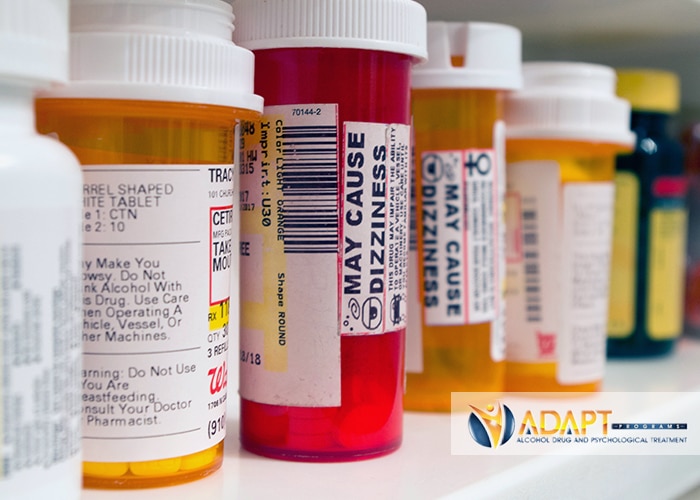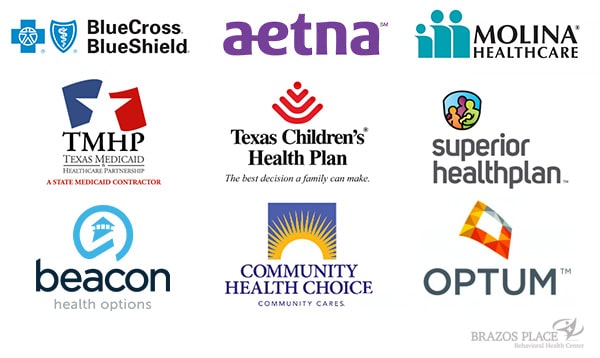How Do Teens Get Drugs
Teenage drug use is a serious public health problem in the United States. Even though commonly abused drugs are illegal, more adolescents than ever are struggling with addiction to drugs, alcohol, and controlled substances.
By the 12th grade, about 50% of adolescents have experimented with at least one drug, whether it be an illegal substance like cocaine, cannabis, and ecstasy, or even prescription medications.
Knowing about key drug sources and signs of addition is vital for parents who want to protect their child from substance abuse and drug addiction.
So where do teens get drugs that lead to addiction and family heartache? Let’s take a look at the most common sources for teen drug use.
Find Treatment Options TodayYour Child Could Have Access To Drugs in School
Drug interactions often occur on school grounds, where teens sell drugs to their peers. Because of the school setting, teens have access to a larger poll of drugs than what is typically available within their social groups.
In fact, 1 out of every 5 highschool students say they have been offered, sold, or given drugs on school property. And it’s not just illicit drugs that teens are buying.
Young people often sell their prescription medicines to their friends and other youths to earn extra money. If you are concerned about your child’s drug use, then you should take a look at who they spend time with at school to determine if you can step in and reduce risk factors along the way.
Teenagers Find Drugs In Your Home
Teenagers don’t have to look to friends at school to find substances to get high because they can find most drugs right in their own home. The family medicine cabinet or liquor shelf can offer opportunities for students to take or sell drugs and alcohol, and these sources are often the first stages down a dangerous path that can lead to a lifetime of dependency issues.
Prescription drug abuse is at an all-time high for teenagers, especially when it comes to performance-enhancing drugs that relieve pressure at school, such as Adderall, Ritalin, or opiate painkillers.
Teens also use over-the-counter medications, like cough medicines to meet their drug needs. This means that you have to pay attention to drugs in your home that might be overlooked, and keep an eye out for the common signs of drug addiction among teenagers.
One of the best ways to reduce the risk of drug use among your teenagers is to dispose of any unused medications as soon as possible and pay close attention to medicine and alcohol levels.
Exposure To Drugs Through Online Forums & Groups
Your teens are plugged into social networks like never before. While these networks offer lots of opportunities to build online connections, they also offer unfiltered exposure to drugs and the drug culture.
As popular music, movies, and video games glorify drug culture, many teens begin to think the messages that they see on forums and social media groups are real life and want to mimic the glamorous drug lifestyle.
There are several ways for you to filter information your teens can access online, but you are not able to prevent all drug-related messages from reaching your children. This is why you have to be especially diligent when it comes to talking with your teens about the difference between online messages and real life.
Online Drug Rings & The Dark Web
The internet is filled with all types of information, and in the darkest corners of the web sits the Dark Web and other shady drug rings that your children can access with an Internet browser.
Teens can go online and order any prescription medications without paperwork from their doctor and have them shipped to their homes in discreet packaging. Not only do you have to educate your teens about the privacy dangers of these Dark Web stores, but you should also help your teens understand the physical dangers associated with untested and unmonitored drugs.
What Can Parents and Teachers Do About Teen Drug Use?
No one knows your teenager better than those who spend the most time with them. The connection between youths and drugs can be seen by teachers and parents alike.
Take a look at some ways adults can monitor and intervene in teen drug use:
- Educate Teens About Drug Abuse: Knowing the consequences of drug use helps teens make the right choice.
- Give Strategies To Refuse Drugs: Talk to your child about how they can turn down drug sales.
- Offer Positive Entertainment: Community activities offer an alternative to drug abuse and keep teens busy.
- Closely Monitor Teen Activities: Keep a close eye on teen behavior and appearance, as sudden changes may indicate drug abuse.
What If My Child Needs Teen Rehab Services?
If you recognize the heartbreaking signs of teen drug addiction, you need to contact a professional teen rehab program.
At Adapt, we use science-based strategies to help teens recover and live sober lives. We offer inpatient services, adolescent outpatient treatments, and comprehensive therapy opportunities for the entire family.
Contact Adapt Programs and start your loved one on their path to recovery.
Frequently Asked Questions
Additional Teen Addiction Resources
- Teen Drug Abuse
- Adolescent Outpatient Treatment
- Teen Drug Addiction Treatment
- Preparing for Rehab
- Teenage Rehabilitation Center
- Preparing Your Teen For College
- Confronting Addiction: How To Talk To Your Teenager About Teen Addiction
- How Social Media Affects Teens
- Underage Drinking: Alcohol and Teens
- Underage and Teenage Drinking Stats
- Family Involvement in Teen Addiction Treatment
- High School Drug Use
- Adolescent intensive outpatient program





